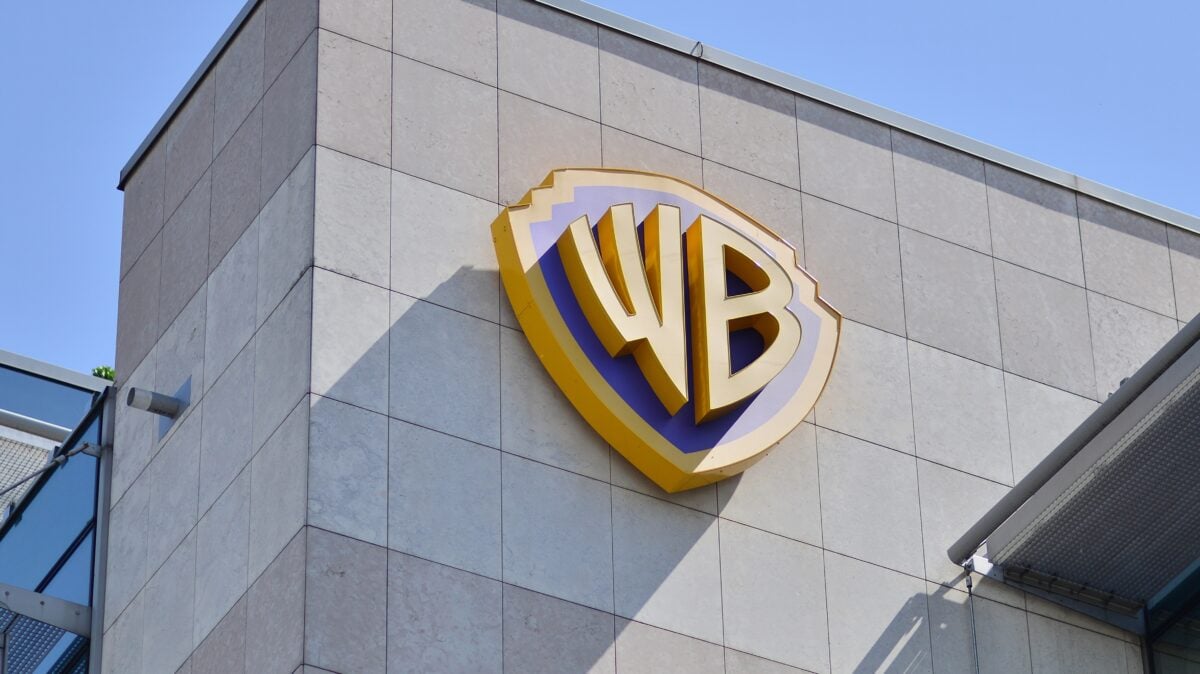TLDRs;
Contents
- Warner Bros. sued Midjourney in Los Angeles for allegedly enabling AI-generated depictions of Superman, Batman, and Wonder Woman.
- The lawsuit seeks up to $150,000 per infringement, echoing similar actions by Disney and Universal against the startup.
- Hollywood studios are pursuing a coordinated strategy, applying uniform statutory damages across AI copyright disputes.
- Midjourney’s new video tool launch underscores the growing tension between rapid AI innovation and copyright enforcement.
Warner Bros. Discovery has filed a federal lawsuit in Los Angeles against San Francisco-based artificial intelligence startup Midjourney, accusing the company of enabling users to create and distribute images and videos of its iconic superhero characters without permission.
The lawsuit alleges that Midjourney’s subscription-based service allowed users to generate content featuring Superman, Batman, and Wonder Woman, which later appeared on platforms like Reddit, Discord, and Instagram. Warner Bros. claims Midjourney even used some of these AI-generated depictions in its own promotional material.
The entertainment giant is seeking statutory damages of up to $150,000 per infringement, a sum that could translate into millions of dollars in liability for the AI company depending on the scope of copyrighted works involved.
A Coordinated Hollywood Strategy
The Warner Bros. case is not an isolated incident. In June 2025, Disney and Universal also launched lawsuits against Midjourney over similar allegations of intellectual property misuse.
Warner Bros. has sued Midjourney, becoming the third studio to accuse the AI image-generating platform of blatant copyright violations.
Warner Bros. alleges Midjourney willfully creates both still images and video of its characters, including Superman, Batman, Bugs Bunny, Daffy… pic.twitter.com/G8MTNIkLv8
— Variety (@Variety) September 4, 2025
Industry analysts note the entertainment sector appears to be pursuing a coordinated legal strategy designed to establish precedents and protect valuable character-based franchises.
These lawsuits mirror tactics seen in the music industry, where major labels like Sony Music and Universal Music Group have demanded identical damage figures for alleged copyright violations tied to AI-generated content. By seeking uniform penalties across sectors, Hollywood signals that it views AI-related infringement as an existential business threat rather than a minor legal skirmish.
Financial Risks for AI Business Models
The potential damages in this case present serious risks for Midjourney, which has grown rapidly since launching its AI image tools in 2022. According to industry reports, the company generated an estimated $300 million in revenue in 2024 through subscriptions.
However, with statutory damages capped at $150,000 per infringement, even a handful of successful claims could outweigh the firm’s annual earnings.
This legal uncertainty is already shaping AI companies’ business strategies. Several leading firms in the generative AI space have begun negotiating licensing deals with publishers and media companies to minimize future litigation. Without such agreements, the subscription-based revenue model used by Midjourney could become unsustainable if courts rule against the company.
Legal Tensions Meet Technological Growth
Ironically, the lawsuit comes just weeks after Midjourney unveiled its first video-generation model, V1, which allows users to turn still images into 5- to 21-second video clips.
The launch positioned Midjourney in direct competition with OpenAI, Adobe, Runway, and Google in the expanding AI video market.
The timing highlights the tension between technological innovation and legal uncertainty. While users eagerly experiment with new creative tools, the entertainment industry is drawing firm lines around intellectual property, signaling that AI companies may need to adapt quickly or face crippling legal battles.


